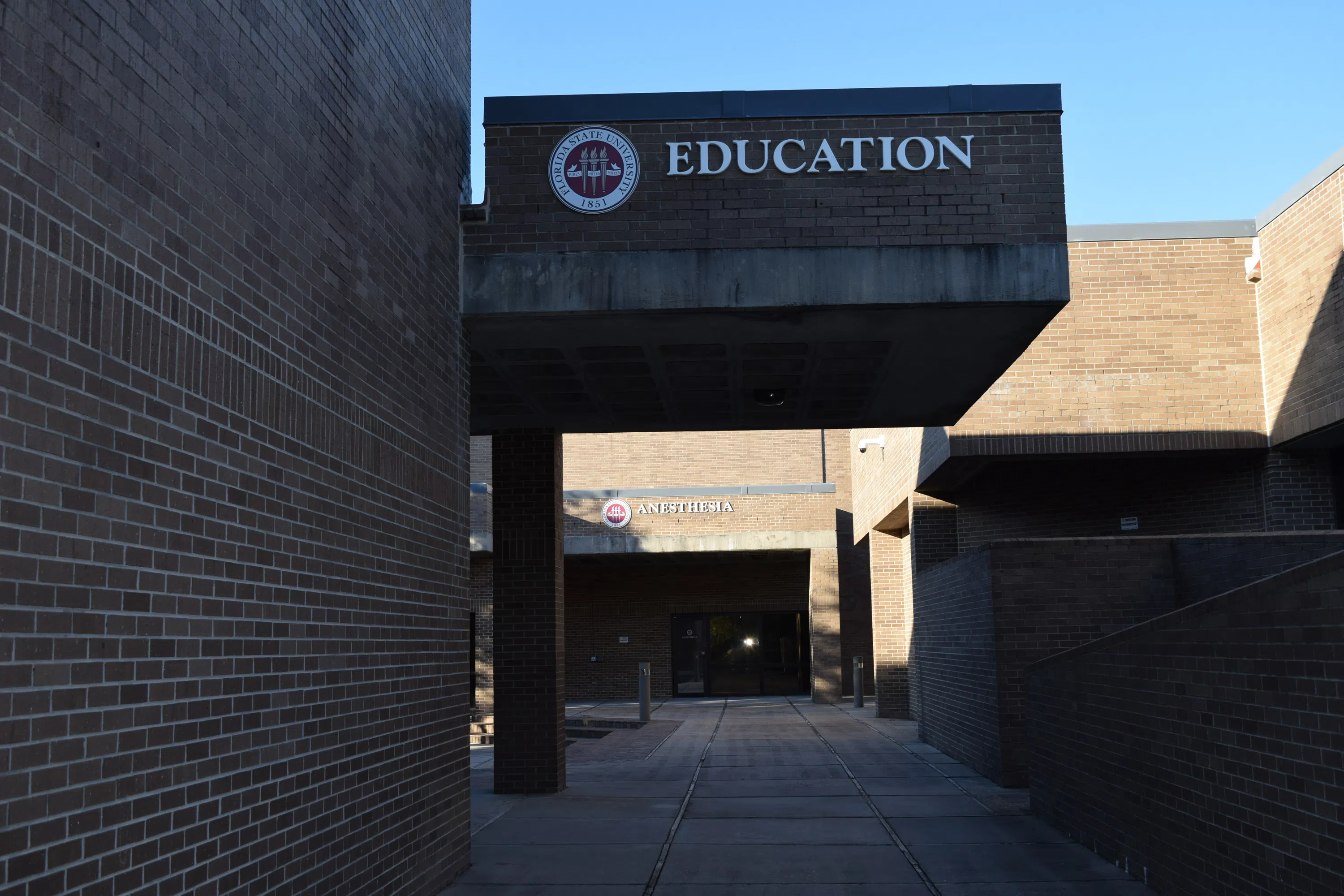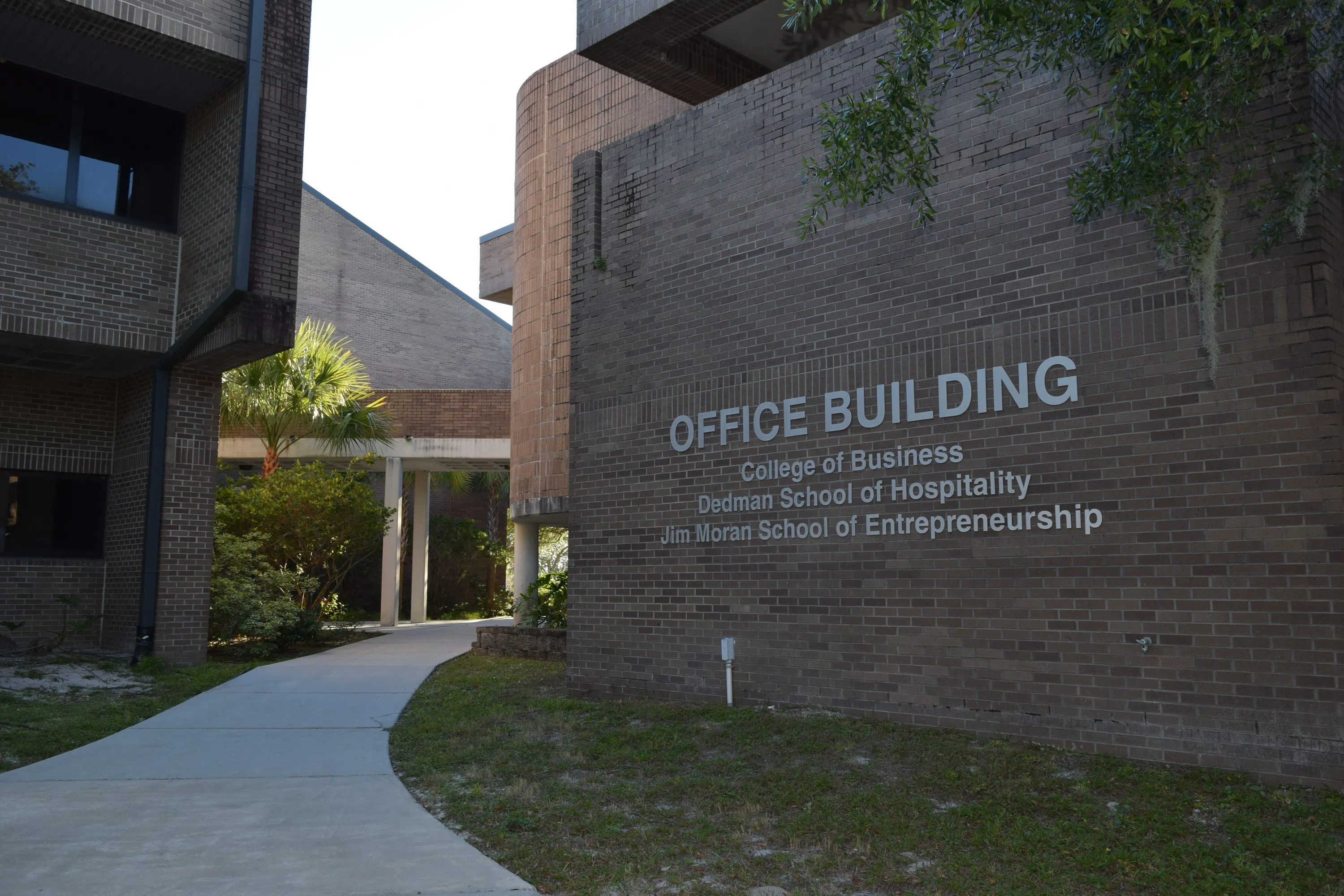Media Gallery
Nurse Anesthesia Program
Elementary Education Program
🏥 Nurse Anesthesia Program
As of 2021, Florida State University has been approved by the Council on Accreditation of Nurse Anesthesia Educational Programs (COA) to offer the Doctor of Nurse Anesthesia Practice (DNAP) program. Graduates of the DNAP program shall receive a doctoral degree, be an expert in research-based anesthesia clinical practices, be eligible for the CRNA exam, and shall acquire knowledge, skills, and competencies including patient safety, individualized perianesthetic management, critical thinking, and communication skills needed for their professional role.
The DNAP curricular framework was developed with the required standards set forth by the COA, as well as additional coursework that will best develop graduate students into independent advanced practice nurses prepared to enter the workforce. The courses are sequenced in a manner that helps students to blend didactic knowledge with clinical application and culminate in the acquisition of knowledge, skills, and independent critical thinking that are required to practice as a CRNA. Each graduate student will be actively engaged in a scholarly inquiry project which will ultimately be presented at the local and/or national level to a body of peers.
The DNAP curricular framework was developed with the required standards set forth by the COA, as well as additional coursework that will best develop graduate students into independent advanced practice nurses prepared to enter the workforce. The courses are sequenced in a manner that helps students to blend didactic knowledge with clinical application and culminate in the acquisition of knowledge, skills, and independent critical thinking that are required to practice as a CRNA. Each graduate student will be actively engaged in a scholarly inquiry project which will ultimately be presented at the local and/or national level to a body of peers.
🏫 Elementary Education Program
The Elementary Education curriculum leads to a bachelor’s degree and eligibility for certification for teaching grades K-6 in the Florida public schools, ESOL and Reading Endorsements. Upon completion of the undergraduate program you will earn a bachelor’s degree in Elementary Education. Graduation from the program makes the graduate eligible for certification in other states beyond Florida. The program began in spring 2021 and replaced the BS/MS in Elementary Education on the Panama City campus. Students currently enrolled in the BS/MS program should refer to the program’s website for academic requirements.
Courses taken address classroom management, teaching methodologies in elementary subject areas, assessment, and working with diverse student populations. Most of these courses require field experiences in local public schools. A full-time internship in the public schools is a requirement in the final semester of the program.
Courses taken address classroom management, teaching methodologies in elementary subject areas, assessment, and working with diverse student populations. Most of these courses require field experiences in local public schools. A full-time internship in the public schools is a requirement in the final semester of the program.

